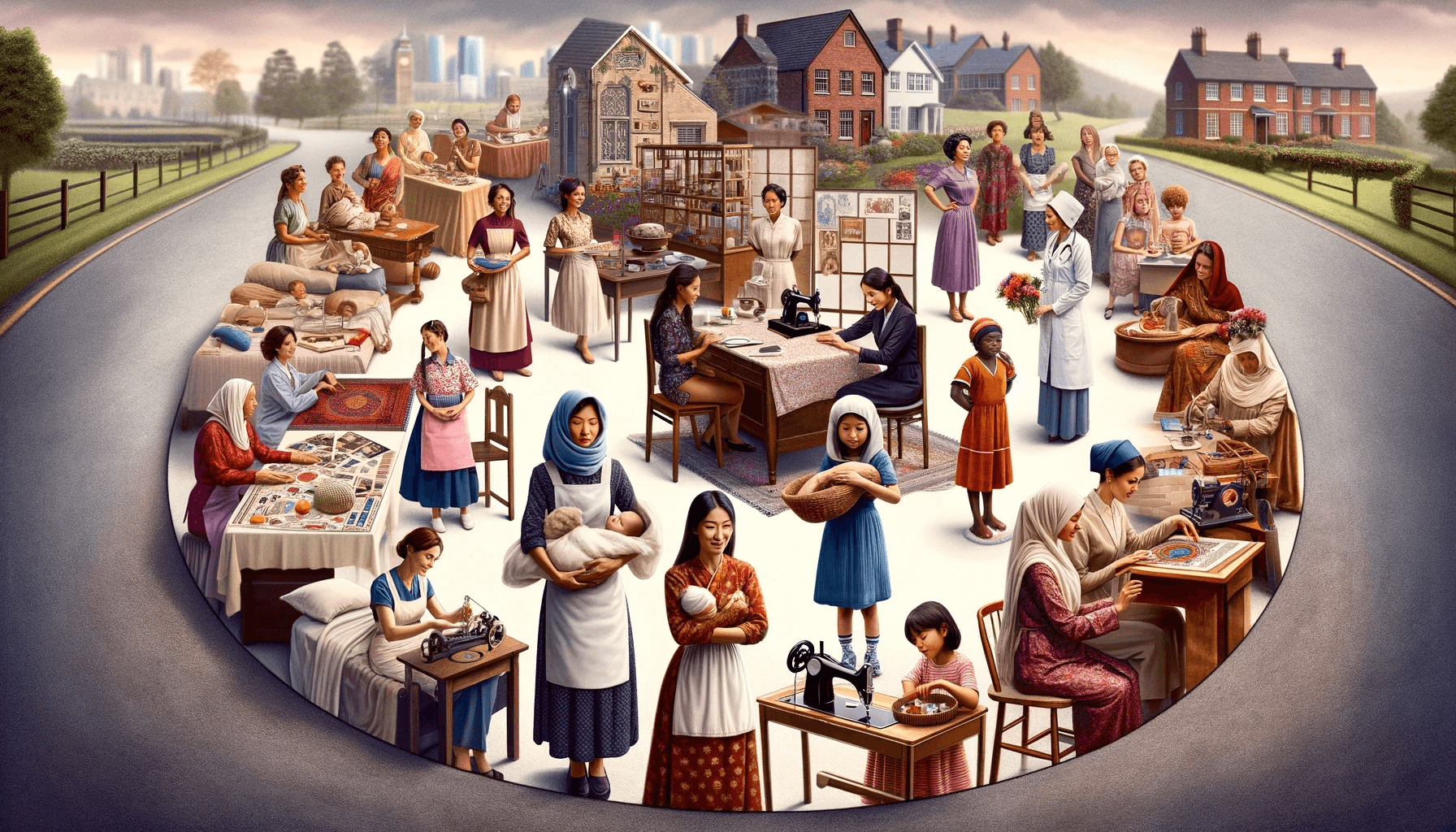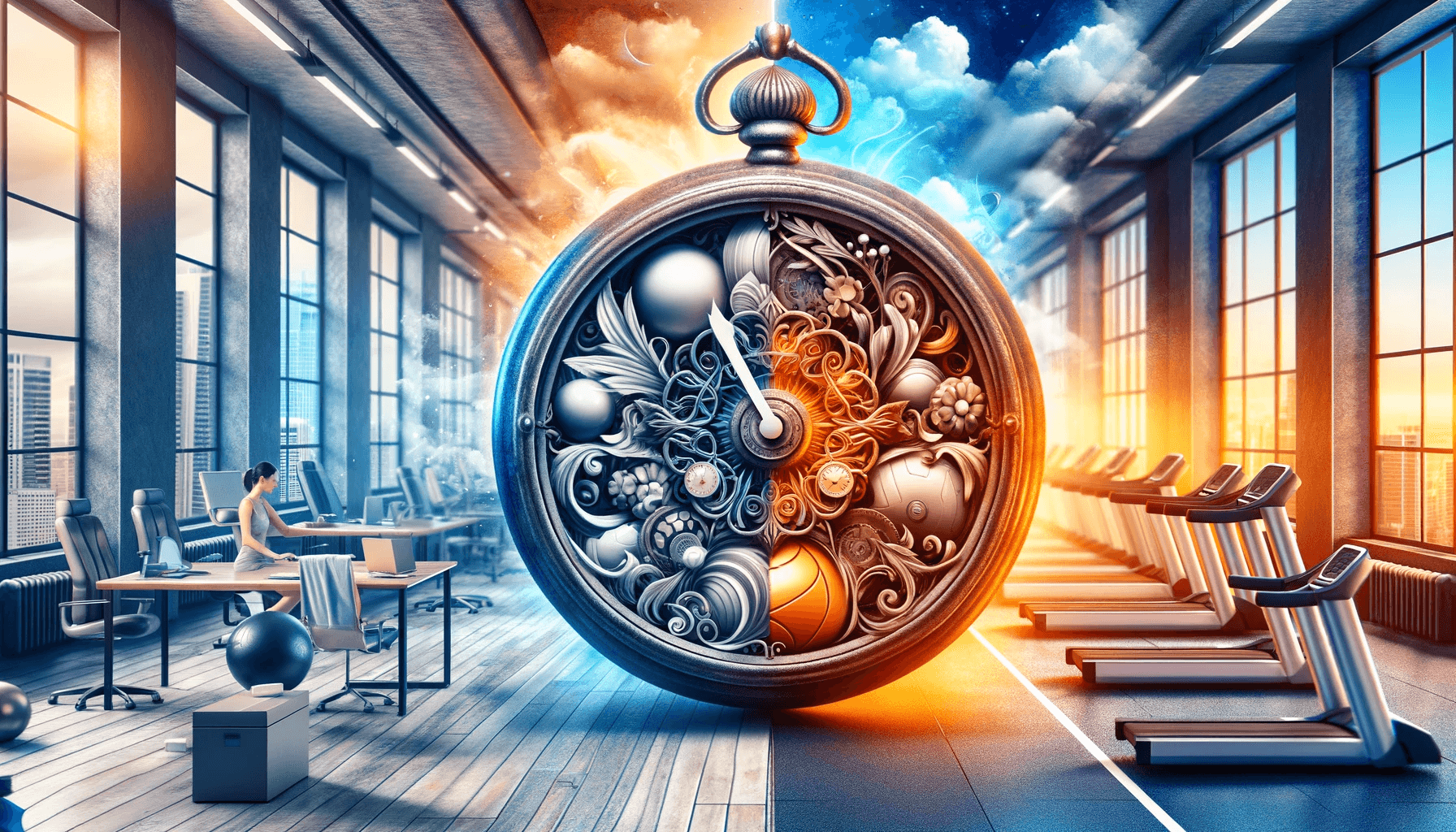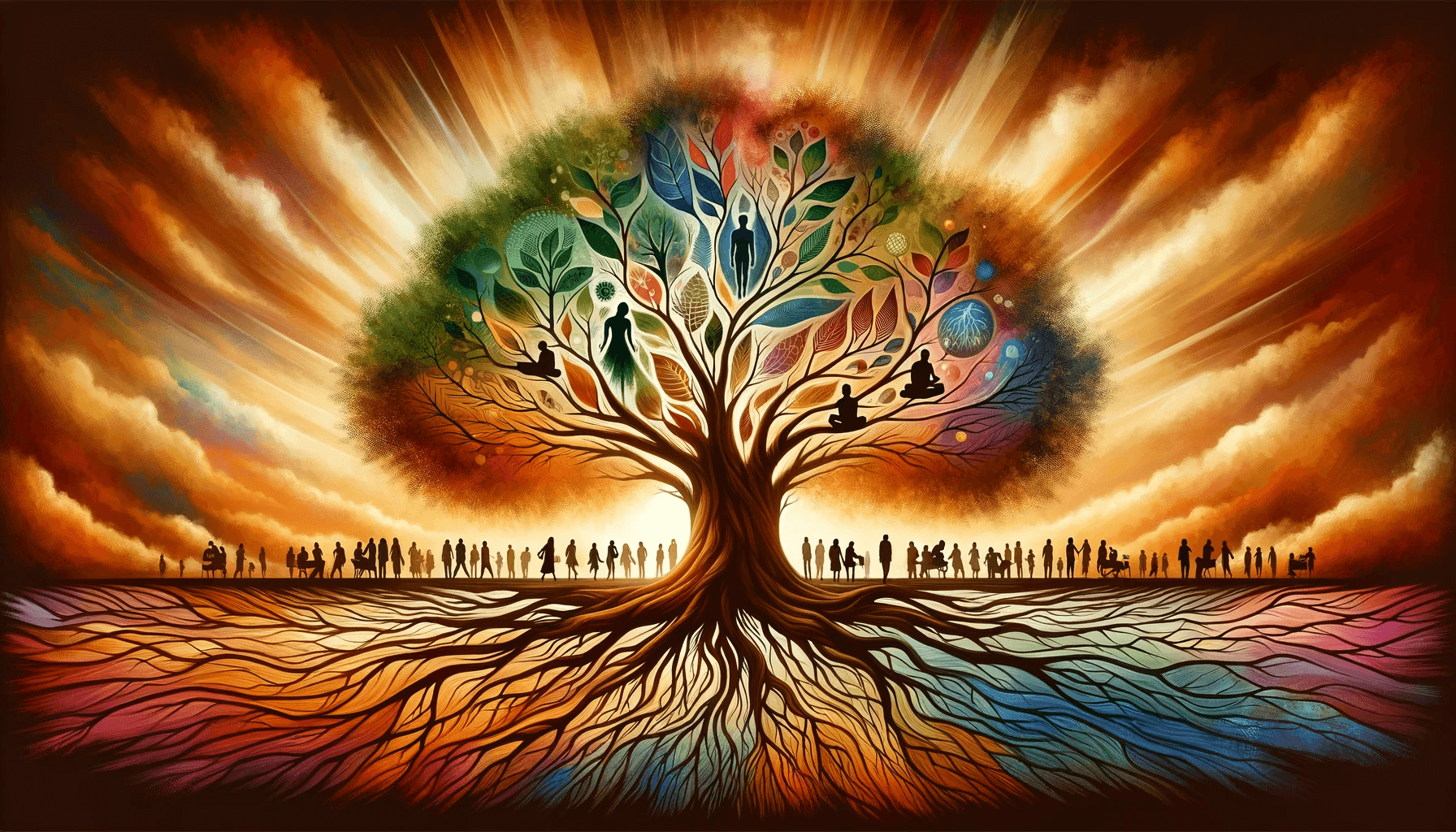Sponsor The Woman Men Adore
Table of Contents
Introduction to Traditional Female Roles
In societies across the globe, traditional female roles have been deeply ingrained for centuries. These roles have dictated the expectations and responsibilities assigned to women, shaping their lives within the confines of societal norms. From the nurturing mother to the dutiful wife, traditional female roles have been reinforced through cultural practices, historical legacies, and media representations. However, as society progresses and women’s rights movements gain momentum, these roles are being challenged and redefined. In this article, we will delve into the historical perspective of traditional female roles, explore the cultural influences that perpetuate them, discuss the impact of media on shaping these roles, and analyze the shifting paradigms in the face of feminism.
Historical Perspective on Traditional Female Roles
To understand the origins of traditional female roles, we must take a journey back in time. Throughout history, women have been predominantly assigned roles centered around the domestic sphere.
Traditional female roles have evolved significantly over time, shaped by many factors, including historical events, social norms, economic conditions, and cultural beliefs. Here’s a historical perspective on these roles:
- Prehistoric Societies: In hunter-gatherer societies, roles were often less strictly defined by gender. Women typically gathered plant foods, cared for children, and helped in hunting, playing a crucial role in the survival of the group.
- Agricultural Societies: With the advent of agriculture, gender roles became more distinct. Women were primarily involved in domestic duties, child-rearing, and helping with farming tasks. In many cultures, property and lineage were traced through men, leading to a patriarchal structure.
- Classical Antiquity: In ancient civilizations like Greece and Rome, women’s roles were largely confined to the home. They had limited rights and were expected to manage household affairs and raise children. In some societies, such as Sparta, women had more freedom and responsibilities in public life.
- Middle Ages: In medieval Europe, feudalism and the Church largely influenced women’s roles. Noblewomen managed estates, while peasant women worked in the fields and homes. The Church’s teachings often reinforced women’s roles as subservient to men.
- Renaissance and Enlightenment: The Renaissance brought some changes, with upper-class women gaining access to education. However, the Enlightenment saw a reinforcement of domestic roles for women, idealizing the concept of a nurturing mother and a virtuous housewife.
- Industrial Revolution: This era brought significant changes. Women, particularly in the lower classes, began working in factories. This period also saw the beginnings of the women’s rights movement, challenging traditional roles and advocating for suffrage and equal rights.
- 20th Century: Two World Wars saw many women entering the workforce, taking roles traditionally held by men. Post-WWII, there was a pushback to traditional roles. Still, the latter half of the century saw the feminist movement gain momentum, challenging gender norms and advocating for equality in all spheres of life.
- Late 20th and 21st Century: Women’s roles continued to diversify, with more women entering professional fields, politics, and academia. The struggle for gender equality saw significant legal and social advances, although disparities and challenges persist.
Historically, societal expectations and economic needs have largely defined traditional female roles. While there has been considerable progress, especially in the last century, the evolution of these roles continues, influenced by ongoing social, economic, and cultural changes.
Cultural Influences on Traditional Female Roles
Exploring cultural influences on traditional female roles is a complex and multifaceted topic. It encompasses how different cultures define and perceive women’s societal roles, including their responsibilities, rights, and status. These roles are influenced by various factors such as historical context, religious beliefs, social norms, and economic conditions.
In many cultures, traditional roles for women have centered around the family and domestic responsibilities. For example, in some societies, women have been primarily responsible for child-rearing, cooking, and maintaining the household. However, these roles have evolved, especially with increased access to education and participation in the workforce.
Religion and spirituality also play a significant role in shaping the perception of female roles. Religious teachings and practices have various implications for women’s rights and place in society. For instance, certain religious doctrines may prescribe specific behaviors and roles for women, influencing their social status and personal freedoms.
Economic conditions and historical events, such as wars and industrialization, have also significantly impacted women’s roles. In times of economic hardship or during wars, women often take on roles traditionally held by men, which can lead to shifts in societal norms and expectations.
Cultural narratives and media representations further influence the perception of traditional female roles. Literature, film, music, and art reflect and sometimes challenge societal norms, offering diverse perspectives on what it means to be a woman in different cultural contexts.
Overall, women’s traditional roles are not static and vary widely across cultures. They are subject to change and reinterpretation as societies evolve and confront new challenges and opportunities.
The Impact of Media on Traditional Female Roles
In today’s interconnected world, the media shapes societal perceptions and reinforces traditional female roles. Television shows, movies, advertisements, and social media platforms often depict women in stereotypical roles, perpetuating the notion that a woman’s worth lies solely in her appearance or her ability to fulfill domestic responsibilities. These media representations influence how women perceive themselves and shape societal expectations of what it means to be a woman. The constant bombardment of idealized beauty standards and traditional gender roles can have a detrimental impact on women’s self-esteem and limit their aspirations.
Shifting Paradigms in Traditional Female Roles
There has been a significant shift in traditional female roles in recent decades due to the rise of feminism and its impact on societal perceptions. Feminism advocates for gender equality and challenges the notion that women should be confined to traditional roles. It seeks to dismantle the patriarchal structures that perpetuate gender inequality and empower women to pursue their ambitions regardless of societal expectations. This shift has led to a reevaluation of traditional female roles, with women increasingly breaking free from the confines of domesticity to pursue careers, engage in political activism, and assert their autonomy.
The Rise of Feminism and Its Effect on Traditional Female Roles
The rise of feminism has had a profound effect on traditional female roles. Women’s rights movements have fought for equal access to education, employment opportunities, and reproductive rights. Feminist thinkers and activists have challenged the notion that women’s primary role is in the home, advocating instead for women’s autonomy and agency over their own lives. As a result, more women are entering male-dominated fields, shattering glass ceilings, and challenging societal expectations. The feminist movement has empowered women and led to a broader societal recognition of the value women bring to all aspects of life.
Modern Challenges Faced by Women Breaking Traditional Roles
While progress has been made in challenging traditional female roles, women still face numerous challenges when breaking free from these roles. The pressure to conform to societal expectations can be overwhelming, leading to feelings of guilt, self-doubt, and judgment. Women who prioritize their careers or pursue non-traditional paths often face criticism and resistance from both men and women. Additionally, the burden of balancing work and family responsibilities disproportionately falls on women, making it difficult to fully embrace non-traditional roles without sacrificing personal and familial well-being.
Empowering Women to Redefine Traditional Roles
To empower women to redefine traditional roles, society must actively work towards dismantling gender stereotypes and promoting gender equality. This starts with providing equal opportunities for education and career advancement and challenging ingrained biases and prejudices. Encouraging young girls to explore their interests and passions without limitations is crucial in nurturing their self-confidence and aspirations. Additionally, policies that support work-life balance, such as affordable childcare and flexible work arrangements, can empower women to pursue their goals without sacrificing their personal lives.
Examples of Women Challenging Traditional Roles
Throughout history, countless examples of women have challenged traditional roles and made significant contributions to society. From trailblazers like Marie Curie, the first woman to win a Nobel Prize, to Malala Yousafzai, a young activist fighting for girls’ education, these women have defied societal expectations and shattered barriers. Their stories inspire and prove that traditional female roles can be overcome and that women can excel in any field they choose. We can encourage women to challenge the status quo and embrace their full potential by highlighting these examples.
Conclusion
Traditional female roles have been deeply ingrained in societies for centuries, shaping women’s lives and defining societal expectations. However, as society evolves and women’s rights movements gain momentum, these roles are being challenged and redefined. Cultural influences, media representations, and historical legacies continue to perpetuate traditional female roles, but the rise of feminism is shifting paradigms and empowering women to break free from these confines. By empowering women to redefine traditional roles, we can create a more inclusive and equitable society that values the contributions of women in all spheres of life. We must continue to support and uplift women, ensuring that every individual has the opportunity to pursue their dreams and aspirations, regardless of gender.




